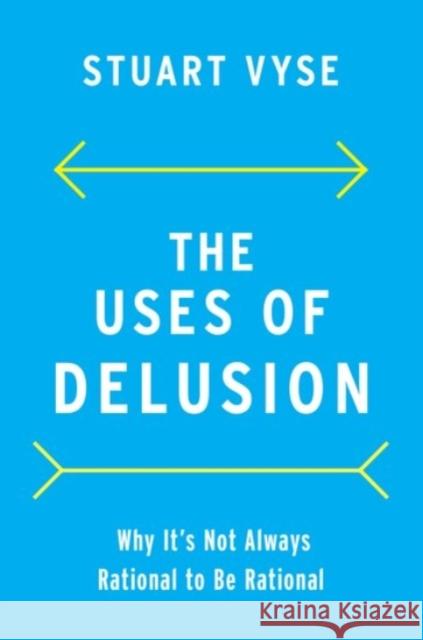The Uses of Delusion: Why It's Not Always Rational to Be Rational » książka
topmenu
The Uses of Delusion: Why It's Not Always Rational to Be Rational
ISBN-13: 9780190079857 / Angielski / Twarda / 2022 / 216 str.
Kategorie:
Kategorie BISAC:
Wydawca:
Oxford University Press Inc
Język:
Angielski
ISBN-13:
9780190079857
Rok wydania:
2022
Ilość stron:
216
Waga:
0.43 kg
Wymiary:
22.61 x 15.24 x 2.54
Oprawa:
Twarda
Wolumenów:
01
Dodatkowe informacje:
Bibliografia
Wydanie ilustrowane
Wydanie ilustrowane











